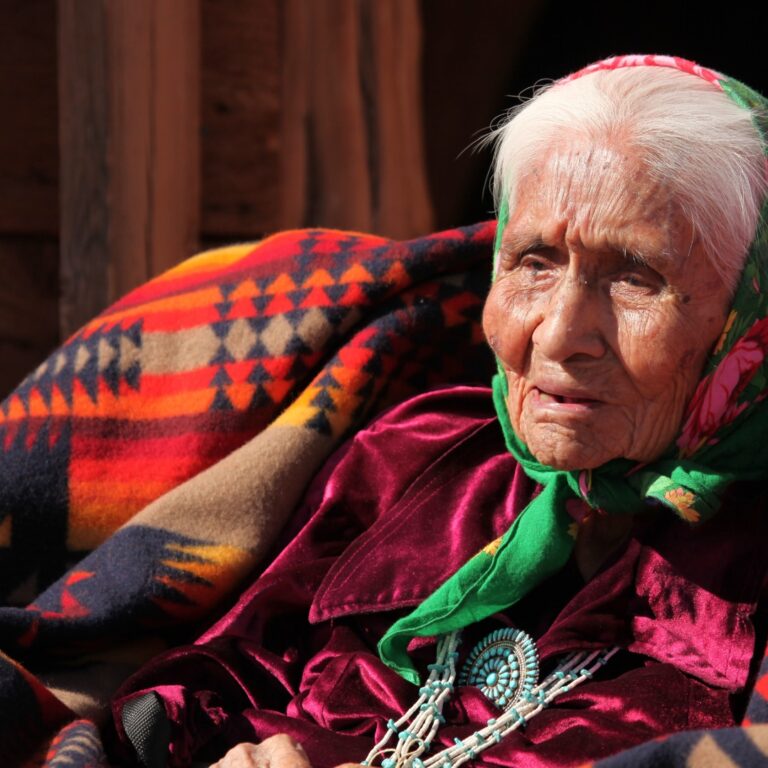A while ago my husband and I were talking with a friend about the huge task that faces us in setting up an online training school. In the course of about an hour’s conversation, Eric asked a telling question. He said,
“Ross, Christine – looking back over your several decades of experience in international living – and granted the fact that you didn’t receive any cross-cultural training before you went – what would you say now are the top five things you wish you had known before you went to Asia?”
Wow – what a great question!
Below is my own considered answer. For me, this list actually encapsulates the substance of a basic course I have constructed, called Crossing Cultures 101. These issues I am talking about now are some of the topics that are covered in this course. And let me just say here, if you would like to come on board for that course – or if what I say in these few moments resonates with you in any way, please do sign up! It’s totally free to join.
Click here to access the Crossing Cultures 101 course for free!
OK so let’s drill into this: Five things I wish I had known before I went!
1. The best time to build a strong foundation is at the beginning!
Sounds obvious, doesn’t it? But when it comes to life, ‘stuff’ often just happens, and sometimes good planning does not! Perhaps we only realise later that a bit more time taken early on, along with a lot more good input received from others, could have helped us build a stronger foundation for our marriages or our ministries. Looking back, Ross and I regret that we didn’t take time out at the time we got married to do some of our adjusting to each other in our own culture first. But we were young and zealous, Ross had already been in Taiwan for six years by then and was fully involved in student ministry, and I had two years of full-time language study facing me before we could start a family… We thought we didn’t have time for that, and besides, it was complicated by other commitments. However cultural adaptation, on top of marriage adjustment, were about to take a huge toll on us. If only we had realised how it was going to be and taken it slower!
2. More than we often realise, we are the products of our own cultures – and that can create unforeseen problems in the new culture.
The first module in my course focuses on this topic at some depth and, if you come with me, we’ll be checking out our assumptions and beliefs about the ‘right’ way to do things. Often, we are completely unaware of how our own socialisation influences the way we do life and the value judgements we make about others who do life differently. This shows up hugely when we arrive in a new culture.
Here are some danger signs to watch out for:
- A tendency to reject what is ‘different’ from the way it is at home.
- Wanting to enforce our own ways of doing things as ‘correct’.
- Above all, we need to watch out for the things we tend to criticise or ridicule in the new culture…
3. The new culture will impact me too in distinct ways – that’s what’s known as Culture Shock.
In Module Two of my course I depict the whole cultural adaptation process as navigating a path between two mountain peaks – one being my own culture, where I belong and feel comfortable and the other being the new culture, which is at yet a mystery. In between these two peaks there is a valley, involving pitfalls and dangers and sheer hard slog. This is Culture Shock.
Not everyone navigates this valley successfully, but yet, the challenge of it can be an adventure that draws you on. In the course we will talk quite a bit about the anatomy of culture shock and what it takes to navigate through it.
And then there is Reverse Culture Shock (or Re-entry Stress) to navigate through as well, when returning home. This too is a ‘real thing’, but often more shocking because it is not anticipated! People assume that going back to their home culture after an assignment in a different culture will be completely straight forward and nothing to worry about. After all – are we not just returning home? Well, yes – but in the same way as you can never step into the same river twice (as the philosopher said!), you will be a different person after all you have been through, and the people and situation you are returning to will also have changed. That can make for some unwelcome surprises, which it is good to be prepared for. There will be a lesson in Module Two that deals with this issue as well.
4. I need support for my endeavour of navigating a new culture. Where and how can I find that? (We will be looking at much of what is involved in this in Module 3)
This brings us full circle to the first issue – how vital it is to build a good foundation and prepare well for our endeavour before we leave. That includes having good closure with those we leave behind and building a strong support base at the sending end. Why? Because we need to stay connected with those who know us well and are sending us out. We need their support and understanding, to involve them on our journey and keep them on side in what we are going through.
Here is one thing we strongly advocate for anyone going into another culture: find a core group of friends and family members who are willing to support you on this venture, be a sounding board for you and provide encouragement when you are struggling. They will be worth their weight in gold!
And look for support in other quarters too:
- A culture coach maybe – someone who is ahead of you in the crossing culture journey and can give you some valuable tips.
- Local friends who will explain the inexplicable and help you gradually to understand. If you are open and willing, they will be an invaluable resource.
- A community of like-minded people who can encourage you.
Hopefully you will find that in the place where you are serving. But what if you don’t? This is where we in FieldPartner hope that we can continue to help, by providing an on-line community: others who may be at a different stage and are probably working in a different culture from you, but who can still encourage you and cheer you on.
5. Your choices impact your children in countless ways!
Of course you may not have kids, but if you do, you need to know they experience this journey very differently from you. Kids have the capability to ‘enter’ a culture and learn a language much more easily than their parents, but they may also feel deeply the loss of their former life. They may blame you for the discomfort and disorientation they are feeling. Embracing a new culture may come more easily to them, but going through that process will also permanently alter their identity. From now on life for them, even more than for you, will never be the same. So in Module 3 on my course, we will also be looking at terms like Third Culture Kid and Global Nomad, helping you (I hope) to think through the implications of your choice to move abroad as it might impact on your kids.
There are some definite upsides to this, but also some very real challenges. We will be looking at what some of those are.
OK so there you have it in a nutshell! Five things I wish I had known before I went. In actual fact, I didn’t know half of this for many years, but that is a story for another time!










